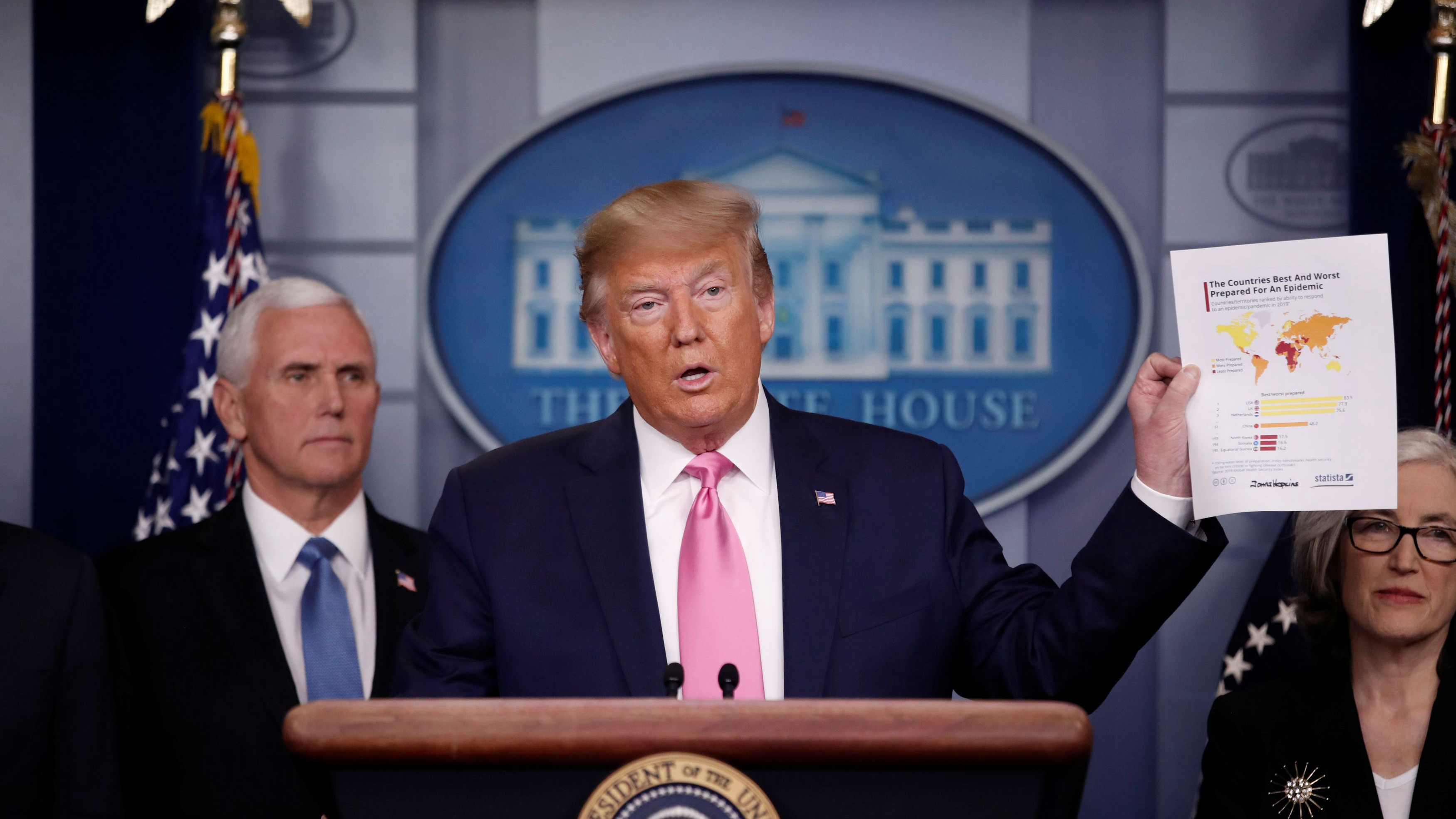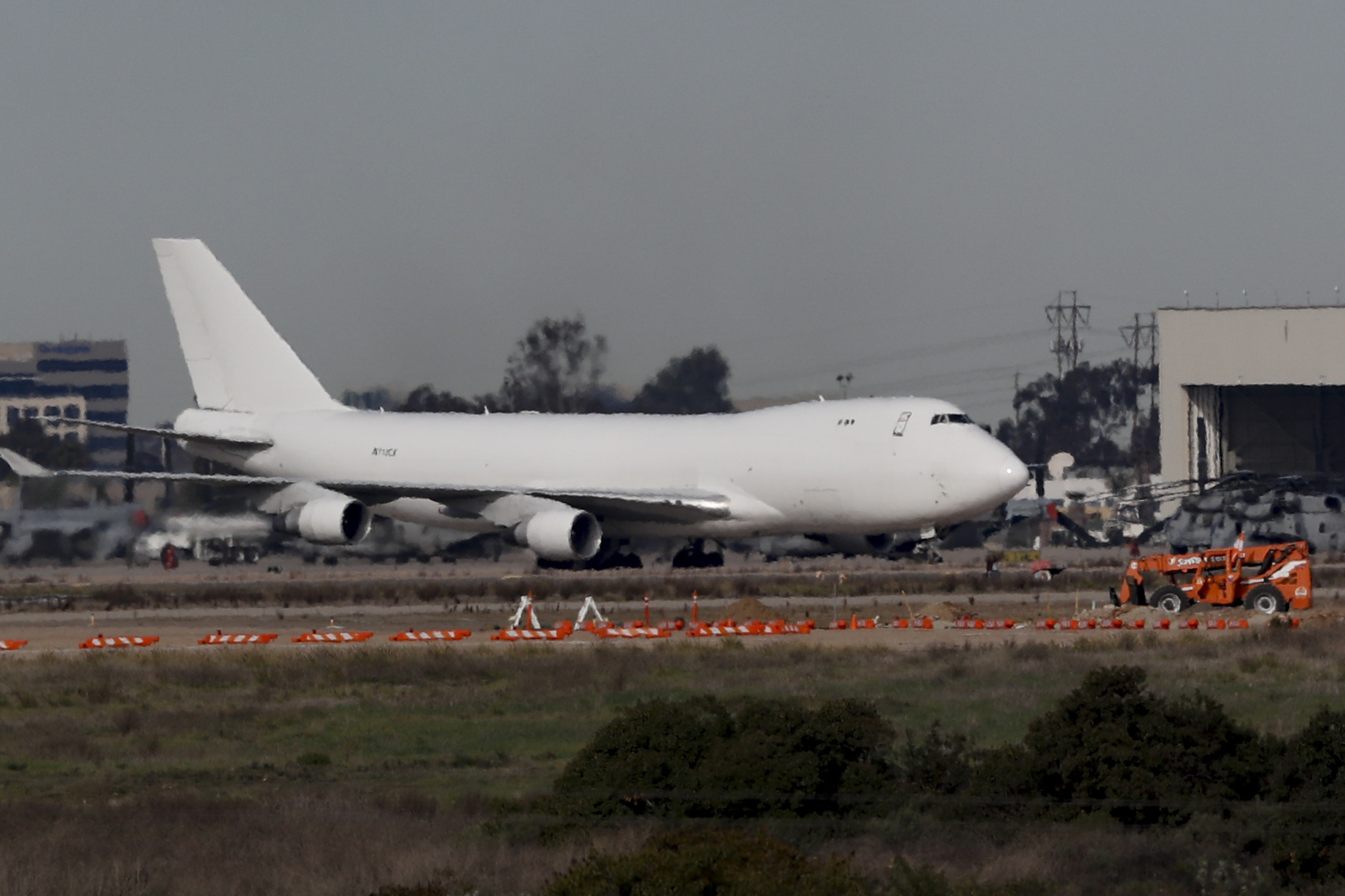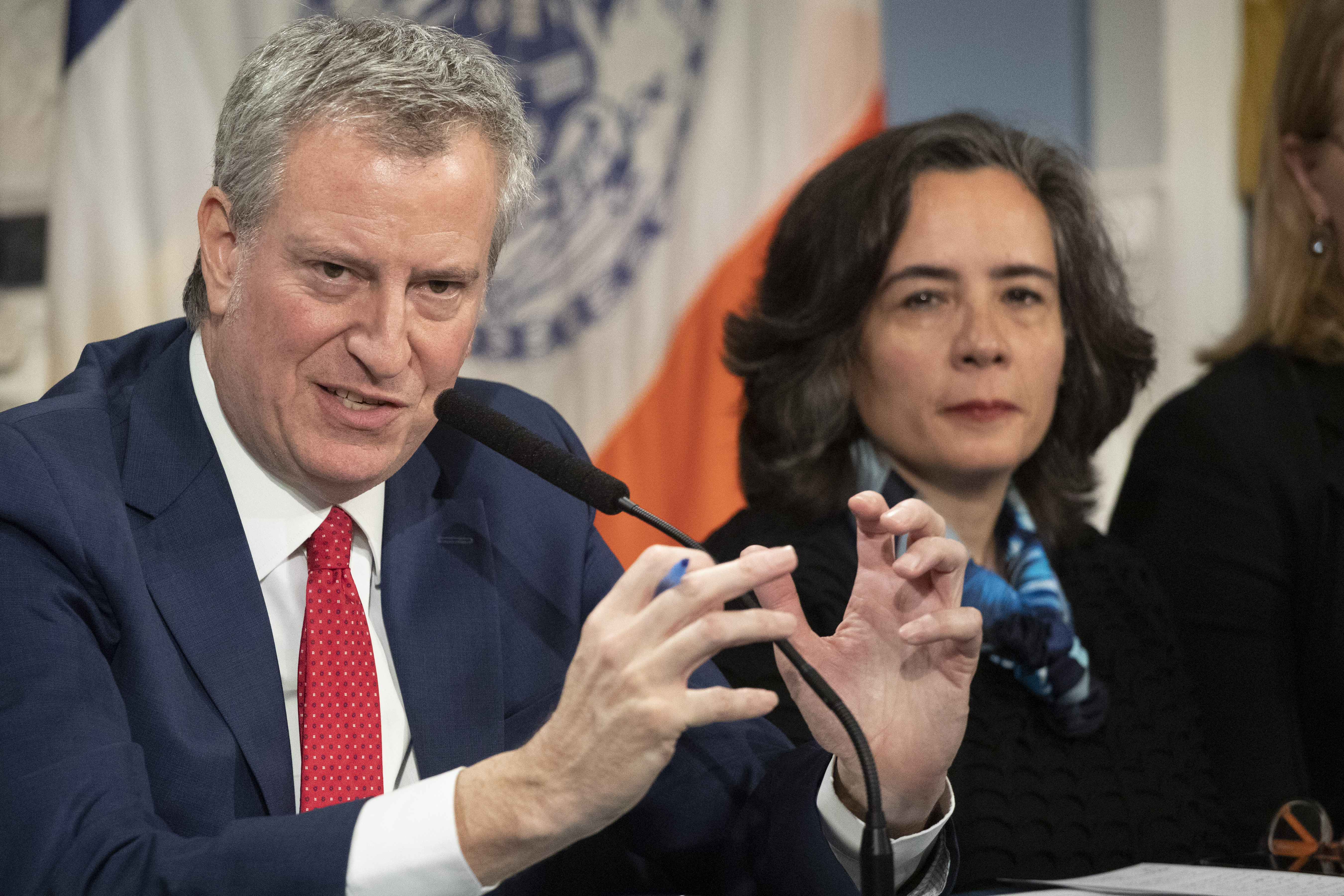00:53

The risk to the American people from the novel coronavirus remains very low, said U.S. President Donald Trump Wednesday at a press conference in the White House.
The president also took the opportunity to send condolences to the victims of the Milwaukee shooting that killed at least five people.
President Trump said because of the precautions taken by the U.S., the coronavirus risk to the public "remains very low."
So far, a total of 60 cases have been confirmed in the U.S., eight of which have returned to their homes, and five of them have fully recovered.
But "the degree of risk has the potential to change quickly, and we can expect to see more cases in the United States," U.S. Health Services Secretary Alex Azar added.
On Wednesday, the U.S. Centers for Disease Control and Prevention (CDC) reported the first possible "community spread" in California, which means the CDC doesn't know exactly how the patient contracted the virus.
During the conference, Trump announced that Vice President Mike Pence had been designated to lead the government's response team for the novel coronavirus, and report directly to him.
Before the press conference, the White House was reportedly weighing appointing a czar to oversee the administration's work to address the crisis. According to CNN, President Trump had privately expressed frustration with Alex Azar, who has been coordinating the containment effort, for not keeping him updated.

A plane carrying evacuees from the virus zone in China lands at Marine Corps Air Station Miramar in San Diego, California, February 5, 2020. /AP
A plane carrying evacuees from the virus zone in China lands at Marine Corps Air Station Miramar in San Diego, California, February 5, 2020. /AP
During his address, Trump praised himself for his early response, and claimed some of the measures, such as travel restrictions and quarantines, were "ridiculed," but were later proven to be effectively containing the spread of the outbreak in the U.S.
At this moment, the CDC is considering expanding airport health screening due to the rapid spread of the infection in Italy, South Korea and Japan, according to a spokesperson.
However, Trump said it's "not the right time" to impose travel restrictions to and from more countries with outbreaks, such as Italy and South Korea, which have 470 and 1,261 confirmed cases, respectively.
Currently, the U.S. is doing health screenings only for passengers flying in from China.
When the CDC made the decision to start those screenings on January 17, China had only 45 confirmed cases of novel coronavirus.
Money, masks and hospitals prepared
Dr. Anne Schuchat, principal deputy director for the CDC, said during the press conference that although the trajectory of COVID-19 over the weeks and months ahead is uncertain, the U.S. has taken preparatory steps over the last 15 years for pandemic influenza, and the country's experience with the H1N1 pandemic in 2009 should be a reminder of what steps need to be taken.
According to the CDC, the H1N1 flu, which emerged in 2009, killed an estimated 151,700 to 575,400 people worldwide in its first year of circulation.
President Trump mentioned that he had already requested 2.5 billion U.S. dollars from Capitol Hill to combat the threat, but the Democrats think it is not enough. Trump, appearing willing to move toward bipartisanship on the issue, said he will take whatever is given.
"If they want give more, we'll do more. We'll spend whatever is appropriate," Trump said.
He also assured that the U.S. has ordered "a lot" of masks to deal with a potential coronavirus outbreak in its "worst-case scenario."

Mayor Bill de Blasio, left, with Dr. Oxiris Barbot, commissioner of the New York City Department of Health and Mental Hygiene, reports on the city's preparedness for the potential spread of the coronavirus in New York, Wednesday, February 26, 2020. /AP
Mayor Bill de Blasio, left, with Dr. Oxiris Barbot, commissioner of the New York City Department of Health and Mental Hygiene, reports on the city's preparedness for the potential spread of the coronavirus in New York, Wednesday, February 26, 2020. /AP
New York City, the international transportation hub of the U.S., has prepared at least 1,200 hospital beds in advance, Mayor Bill De Blasio announced at a news conference on Wednesday. There are no known cases of COVID-19 in New York.
The city has asked for an additional minimum of 300,000 face masks after already distributing about 1.5 million masks, and plans to ask for federal assistance to get that need met from private manufacturers.
The National Institutes of Health (NIH) is trying to develop a vaccine but says it will take at least a few months before clinical trials start and more than a year until a vaccine could become available. U.S. officials told senators that a vaccine will not be available "in the next 12 or 18 months," according to Senator Roy Blunt.
(Cover photo: U.S. President Donald Trump holds a document as he gives a news conference at the White House in Washington, U.S., February 26, 2020. /Reuters)